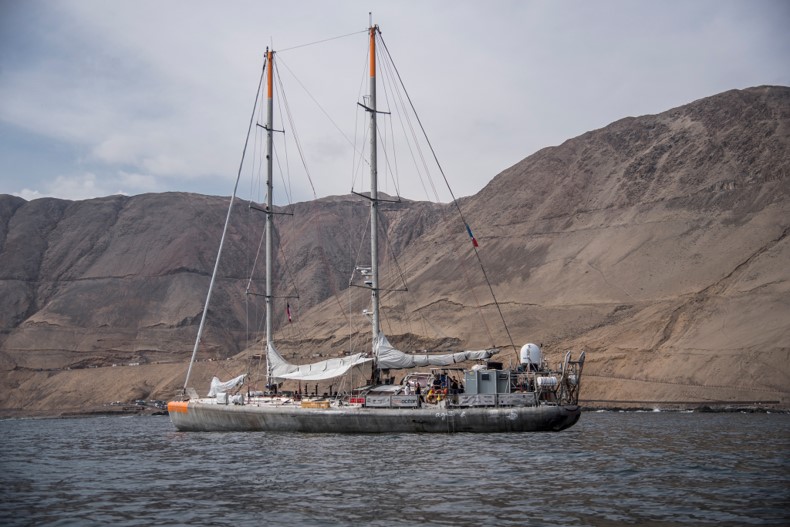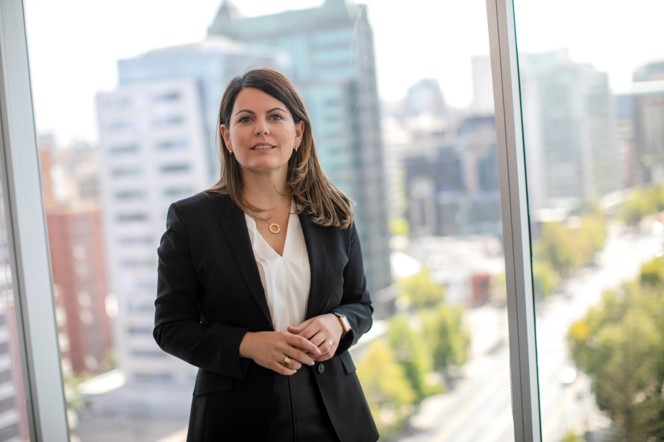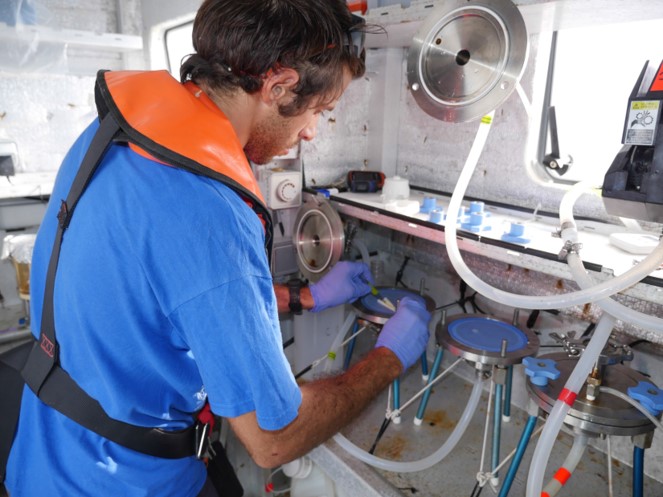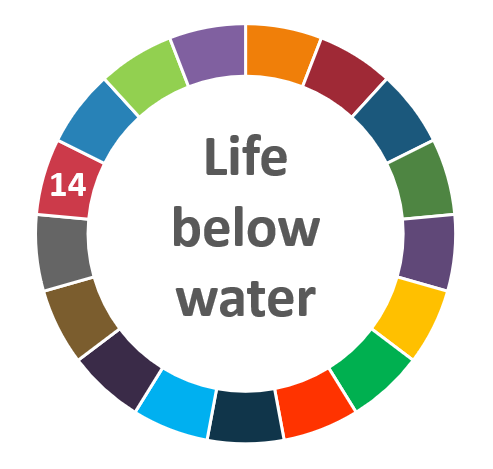
ΑΙhub.org
Understanding the oceans and climate change – the OcéanIA project and Tara expedition

Researchers on the OcéanIA project are developing new artificial intelligence and mathematical modelling tools to contribute to the understanding of the oceans and their role in regulating and sustaining the biosphere, and tackling climate change. You may have seen our recent interview with the director of the project, and of Inria Chile, Nayat Sánchez-Pi. She explained the challenges of research in the field, what they are working on as part of the project, and the role that AI methods play.

A key part of the project is data, and much of this is being collected by the Tara Microbiome-CEODOS expedition. The objective of this expedition is to study the marine microorganisms which play a fundamental role in ocean ecosystems. The Tara Ocean Foundation is carrying out this expedition that unites the Atlantic, Southern and Pacific oceans in a single two-year campaign (2021-2023). The Tara schooner sailed from Lorient in December 2020 and arrived in Chile in February 2021. It has sampled water in Punta Arenas, Puerto Montt, Concepción, Valparaiso and in early May it arrived at Iquique, its final stop in Chile.
If you speak Spanish, you can find out more about the project and the Tara expedition in this video for a Chilean television channel, with Nayat Sánchez-Pi.
This is the sixth big expedition for this floating scientific laboratory that, in the last 10 years, has travelled more than 450,000 kilometres, passing through the waters of more that 60 countries. The data collected by Tara will also assist researchers in their quest to explore the relationship between the marine ecosystem and biodiversity. The aim is to further understand the complex relationships pertaining to the ocean, for example, those that exist between plankton, water temperature and ocean currents.
The circular causality between the different levels of biodiversity means that understanding how this ecosystem functions is an ambitious question. Using the data collected from the Tara Microbiome-CEODOS the OcéanIA project team intend to create tools to support this investigation, combining areas of AI like deep learning, causal and inference learning, sequential decision making, transfer learning, and multi-criteria optimization.

Nayat Sánchez-Pi, explained that “understanding the ocean itself not only represents a big opportunity in our studies to combat climate change, it also represents a challenge for AI and applied machine learning. Biodiversity supports functions like primary productivity, as well as carbon fixation and sequestration. Understanding this is fundamental, not only for science but also for the formulation of correct public policy”.
“The idea is not only to produce models, but to further knowledge, which is essential for generating appropriate public policy that allows for the protection of marine ecosystems and combats climate change”.
Another avenue for investigation concerns modelling the biodiversity of the entire marine community and using that model to predict their biogeochemical cycles. AI methods could also be used to recognise and automatically detect plankton using satellite images, with no sampling needed. Furthermore, AI could enable early decision making with the aim of conserving a specific coastal zone.
Find out more
Read our interview with Nayat Sánchez-Pi, director of Inria Chile Research Center:
Interview with Nayat Sánchez-Pi – how the OcéanIA project is advancing our understanding of the oceans and our climate.
A short video in Spanish with some of the Tara expedition project team.
A short video showing the boat leaving Valparaiso.
Follow Inria Chile, Fondation Tara Océan, CEODOS Chile on Twitter.

tags: Focus on life below water, Focus on UN SDGs










